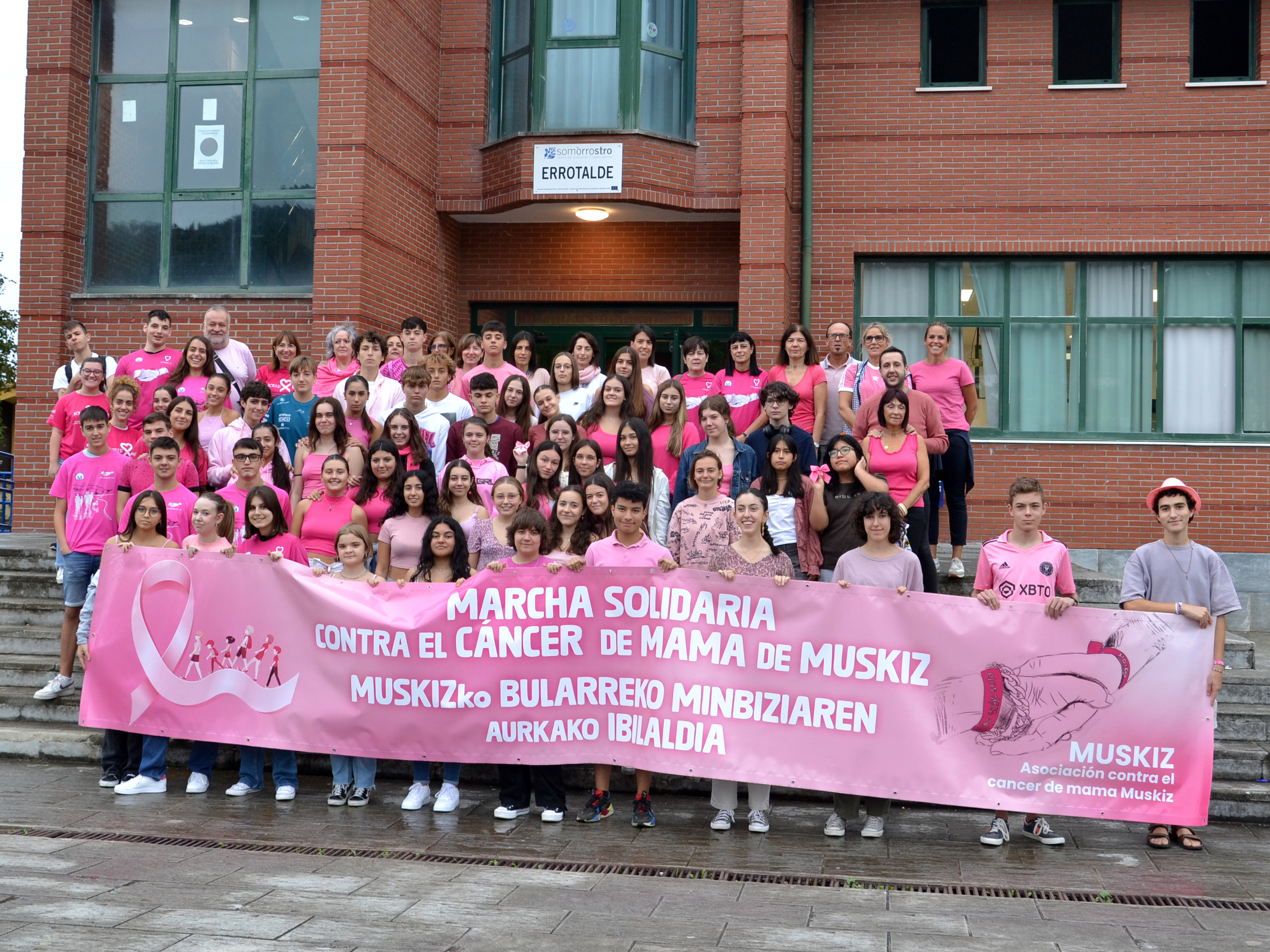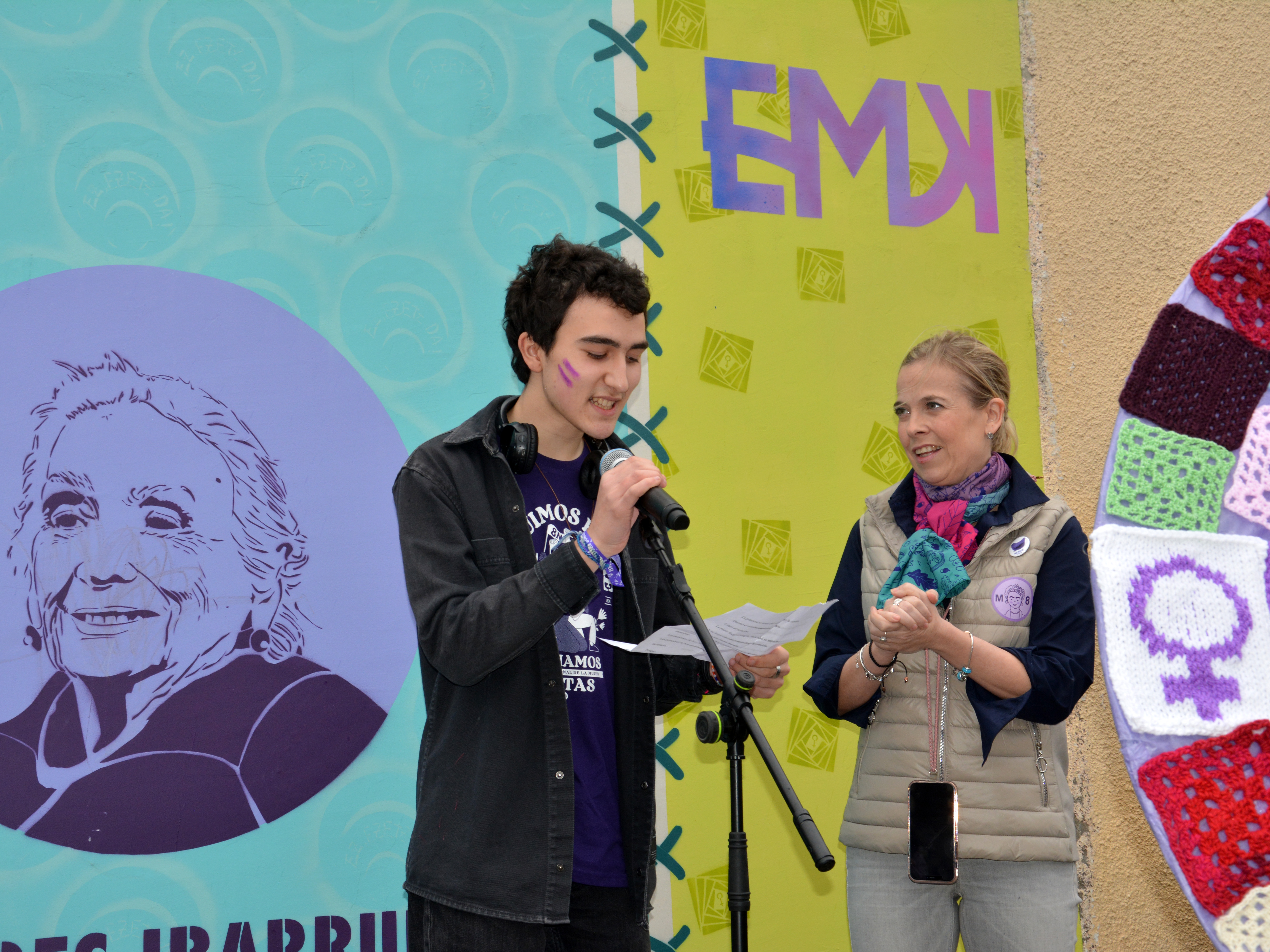After two years of work, we have reached the end of the European project VIRAL SKILLS, led at the centre by Fernando Garai, with the collaboration of Jon Barrueco and in which we have worked with seven partners from six EU countries (Austria, Ireland, Germany, Italy and Cyprus).
What is the Viral Skills project about?
Fernando Garai: The aim is to bring the digital age of innovation to the adult education sector. We want to foster the necessary skills/competences of adult trainers so that they can integrate Virtual Reality (VR) in their training offers and make the use of Virtual Reality “viral”; with a fast and effective dissemination to make learning attractive again.
How can Virtual Reality enhance learning?
F.G.: Imagine an education where you don’t need to memorise theoretical content, where you can live the subjects, being present at the most significant events. You could explore alien planets, visit the world’s most iconic sites in a matter of seconds, travel through the human body as a red blood cell or simply create 3D drawings in a 360-degree virtual environment without any limitations to your imagination. These are just a few aspects of the potential of Virtual Reality (VR) in the educational environment, and there are many more!
The challenge is to find software applications suitable to be used in an educational environment and to decide which VR hardware system is best suited to individual needs. This is where our project comes in, as the Viral Skills partnership aims to provide this information to adult trainers and support them every step of the way.
How are we going to achieve our goals?
F.G.: During the two years of the project we have obtained three main results and the Viral Skills E-Thek:
VR Digest: An overview of VR systems, requirements and how to set up a VR studio.
Compendium: A useful handbook for adult educators and management staff on how to integrate VR into adult learning.
Viral Skills E-Thek: A collection of VR software applications that suit the needs of adult learners, with an emphasis on low-skilled individuals.
Training programme: A 10-day blended learning programme (5 days of guided classroom learning, 5 days of self-directed learning via webinars) that certifies participants as “EU Viral Skills educators/trainers” and awards 3 ECVET credits.
All the results are available to the public and free of charge on the project’s webpage!
How can you benefit from the Viral Skills project?
F.G.: This project is aimed at anyone who is involved in adult education. Our results are authentic, they will provide the basic information and guidelines to implement it in real life. We want to pave the way and support educators to find suitable VR hardware systems that can be used in the field of adult education.
For Fernando, this project has allowed him to meet other professionals from different sectors, learn new methodologies, see how work is done in leading European companies as well as in other vocational training centres and universities. Now he hopes to be able to implement this new tool in Somorrostro’s day-to-day work.
















